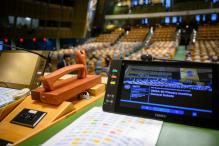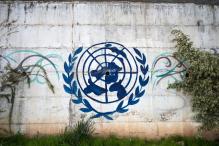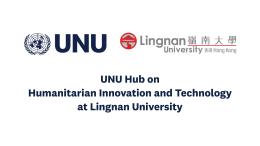UN sanctions are designed and applied with a variety of goals, notably countering-terrorism, stemming nuclear proliferation, and preventing or resolving armed conflict. At times, using sanctions to pursue these goals can impede humanitarian actors’ access to funds, materials or the people they aim to serve. Sanctions designers and State regulators have made great strides in their move towards more targeted measures, which, in turn, have reduced the unintended socioeconomic and humanitarian impacts of the tools. However, unforeseen complications have arisen including restricting humanitarian activities in situations of armed conflict. Yet, very little is known about the impact of sanctions in contexts outside of the counter-terrorism sphere, despite the fact that all but one of the 14 UN sanctions regimes fall outside of this realm.
Members of the humanitarian community have called for this gap to be addressed in light of the increasingly strict and far-reaching application of sanctions measures from the counter-terrorism realm into the armed conflict sphere. Humanitarian entities report an increasing number of cases of States blocking lifesaving materials at borders and treating assistance and protection activities as a form of prohibited support. While such incidents may be common in situations under a counter-terrorism sanctions regime, these were initially rare in non-counter-terrorism conflict contexts.
UN sanctions have been designed to help protect both humanitarian workers and humanitarian space in cases of armed conflict. For example, most sanctions regimes contain provisions placing asset freezes and travel bans on individuals or entities that attempt to hinder aid delivery, attack humanitarian personnel, or target hospitals, schools, or other civilian establishments. Many of these same resolutions also remind States of their obligations to facilitate humanitarian access or face sanctions themselves.
Given these competing narratives – from sanctions as impeding access to sanctions as protecting it – the need for a systematic analysis has grown more urgent. It can be difficult for States to find ways to reconcile their sanctions obligations with their international humanitarian law obligations.
This project, working in coordination with the International Committee of the Red Cross, looked at the impacts of UN non-counter-terrorism sanctions on humanitarian action, explored how these sanctions are being implemented at the national level, and offered a review of current best practices. Finally, the project aimed to provide guidance for Member States, sanctions experts and humanitarian practitioners on implementation of sanctions measures respectful of international humanitarian law.




